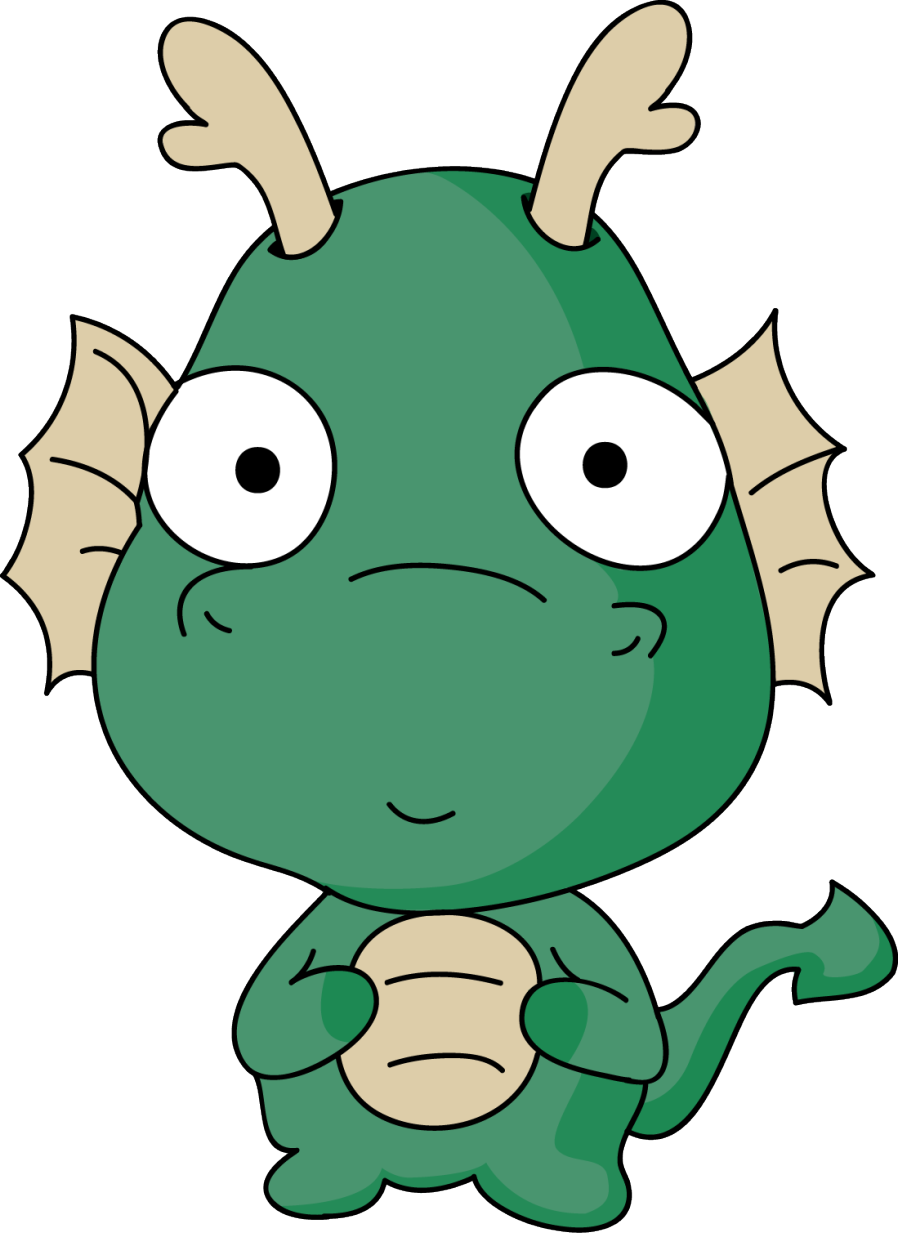Even other neurodivergent people will enable behaviors that trigger RSD, maybe because it doesn't hurt them as bad, or they've learned to cope with it better, or whatever. But anyway, we aren't approaching the problem of RSD radically enough. We have to change the way we communicate with people on a fundamental level. Anti-ableism isnt just about not using certain naughty words. For neurodivergent people to be safe in society, it requires a completely radical rewiring of how communication works. I don't know how that will work exactly. I understand that sometimes it causes problems with intersectionality (though I think the way people just throw the anti-ableism side of that discussion out the window completely is fucking disgusting, again this is something that even neurodivergent people will do, because intersection is complicated and people don't like complicated things so they jump to one side or the other and for some reason ableism always loses out in those clashses) but I still think its incredibly important.

Rejection Sensitive Dysphoria. It's a component of the emotional dysregulation aspect of ADHD characterized by an overly negative response to rejection/criticism, whether it be real or perceived/imagined. This over response can manifest itself anywhere between a major depressive episode with suicidal tendencies to blind rage (though obviously major depression/blind rage are going to be extreme cases). Often times people who experience RSD will feel like they've been physically hurt, iirc usually some sort of feeling along the lines of being punched in the gut.
Afaik it hasn't been studied very thoroughly as a distinguished component of the emotional regulation problems cause by ADHD, so I'd hesitate to use it as freely as many people with ADHD do. That said, a lot of us, myself included, identify with it very heavily.